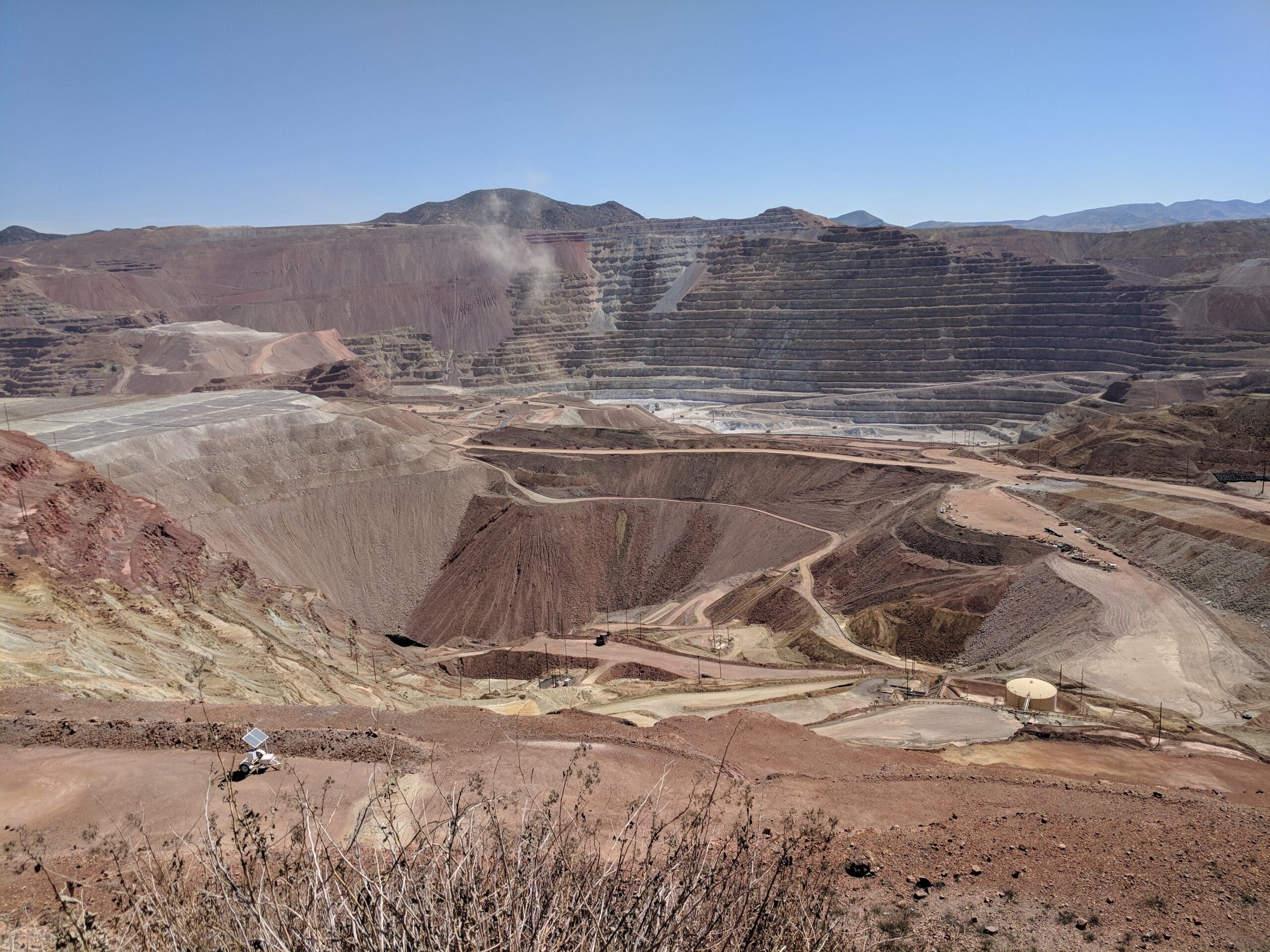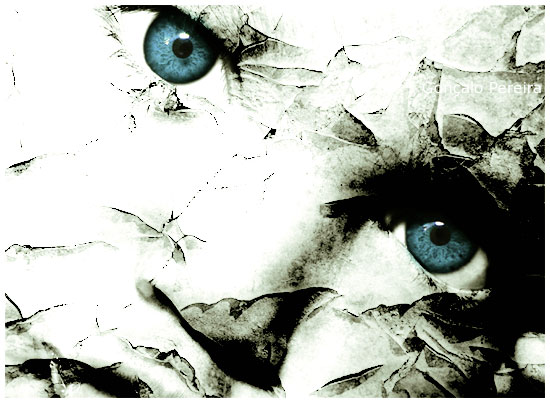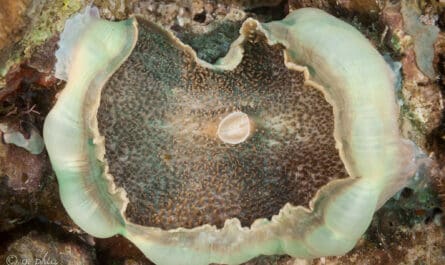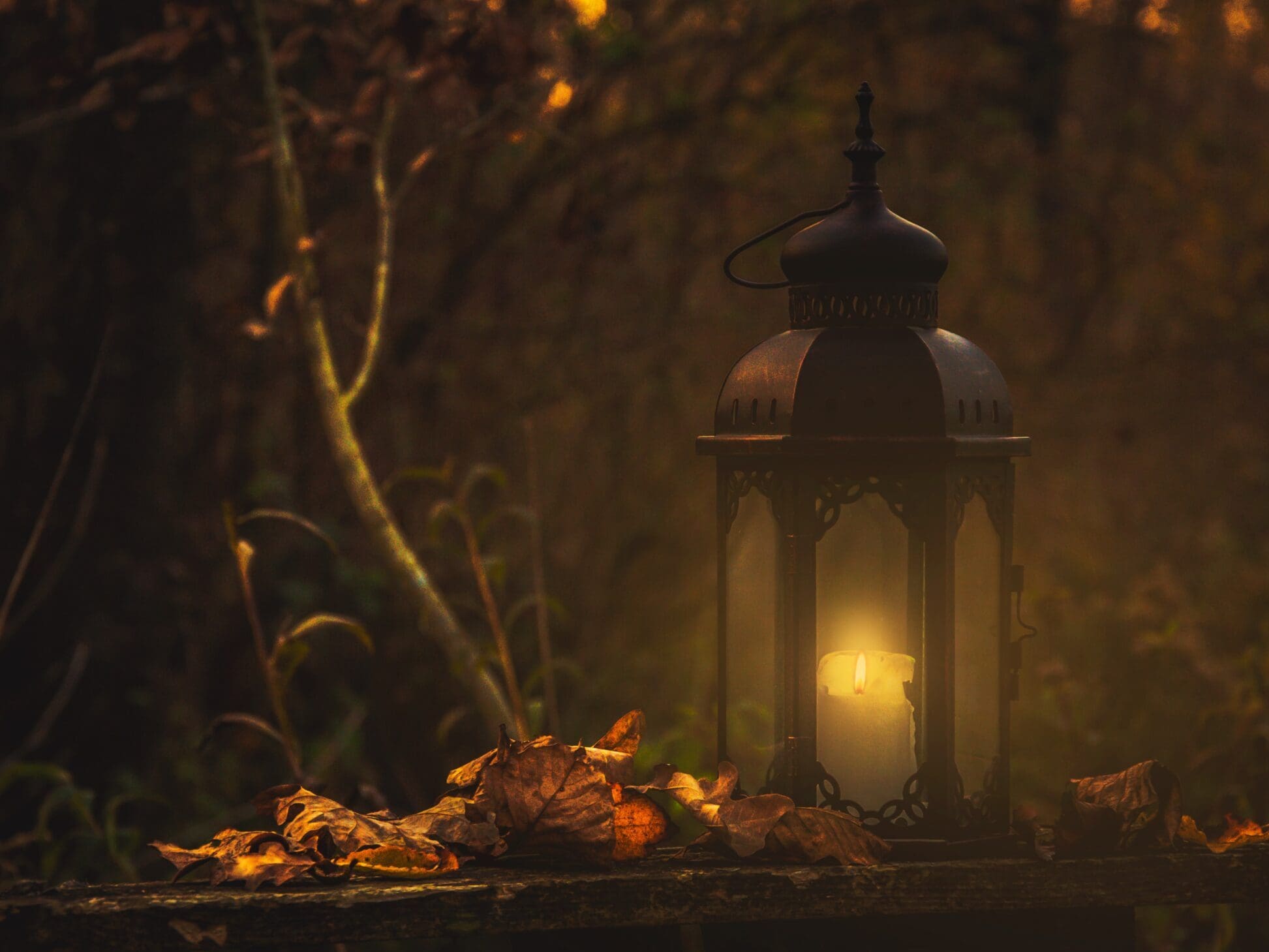In the sweltering summer of 1966, I have a kitten who will not cooperate under the Arizona sun that glares at me from its cloudless sky and scorches all things in its sight. I am six years old, alone in the dirt, with a trail of ants and my errant kitten outside the kitchen window. In the house, my mother busily prepares our next meal, sews new dresses for my sister and me, or washes dishes above me. She cannot see me while she moves from room to room cleaning, dusting, picking up, folding, wiping each surface clean.
In all her fastidiousness, she does not see what’s buried beneath our family that will get excavated before I dust my own knick knacks in a home far away. Leaning against the open washer, she scrubs and pretreats our stained laundry: spray, dab, blot, scrub, spray, dab, blot, scrub. There isn’t a spot she cannot vanquish, she brags to us four children. And we, who know nothing more, admire her for this.
Under the wooden frame that holds our water cooler, humid air rolling around in its belly and belching out a constant stream to fight the arid desert heat, I cradle my kitten against my neck. She struggles to be free, so I bend her tail just a bit, just a bit without breaking it. Then I hold her tightly against my chest to comfort her when she howls again and again.
I may be a sadist in training.
A mantis says its prayers nearby.
I am in the east side yard and I can see the chain link fence with the latched gate that leads out to the gravel driveway where my father’s gold Cadillac lives in the one-car garage. Adjacent to the garage is our covered patio, an amenity my parents enjoy when they invite friends over for weekend cookouts. My dad presides over the grill with the men gathering on and around the picnic table, and we children play on the seesaw teeter totter, ratcheting its four seats faster and faster as we go in and out and round and round. All the women are inside, smoking cigarettes and drinking coffee, which is also what they do every morning after their husbands leave for work.
On one of those mornings, I interrupt their ritual. The women in pedal pushers and sleeveless blouses, leaning in to share secrets with their coffee cups half-full and cigarettes smoldering in a copper ashtray, sit at the dining table, laughing and talking while we children are told to go outside and play. I am hungry so I open the refrigerator in the dim kitchen and spy an egg in the door.
“Can I have this boiled egg?” I ask her.
“It’s not boiled.”
“Yes, it is.”
“No, it’s not.”
“Yes, it is. You’re a liar!”
She cracks the egg into a bowl and makes me eat all of it raw.
“You will never call me a liar again.”
We live in Morenci, a town that stops dead before the New Mexico border, in a section called Stargo, a mirror image of the open pit mine where our fathers and mothers and neighbors trudge to remove the ore that will then be carted off to the smelter. The levels that form our streets are technically called benches. Ten benches of homes cascade from the top layer of a wide bowl and shrink in diminishing concentric circles to the very bottom that is anchored by a tennis court and Baptist church. My mother carts us to both places to teach us to master tennis rather than chase balls and to save our souls with spray-painted macaroni crafts.
There is nothing that isn’t owned by the Phelps Dodge mining company—the homes, the hospital, the dentists and doctors, the schools, the hair salon by the San Francisco River. There is only one way to enter and exit Stargo–from the top of the bowl where the Phelps Dodge Mercantile stands and if we make good grades on our report cards, the manager at the P.D. store will give us an apple.
The year before when we got skipped for our housing upgrade, my mother would not abide being bypassed. My high school tennis champion mother of four before she was 23 had no patience for mealy mouthed people so she dialed the P.D. housing manager. With her slim waist, long tanned legs, and bubble hairdo, she leaned against the wall as she demanded, “It’s our turn to rise up in the neighborhood. We are on the list!”
The P.D. housing manager told my mother we weren’t fit to have a better home since our Maple Street yard was devoid of grass. My mother shot back, telling him that in this desert wasteland ours was the only yard with a swing set and all the neighborhood children played in our front yard, wearing down any precious grass my father cultivated. She did not tell him about our backyard crowded with a clothesline, seesaw teeter totter, and hand-crafted picnic table made of wood planks and pipe fittings my father smuggled out of the plant.
We got our upgrade to house #700, the first house on East Elm Street. So we moved up three levels in the giant amphitheater of homes, six levels from the top and four levels above the very pit of Stargo. With our new home, we now have our outdoor patio, a raised flower bed, a generous sandbox where my little brother, Cole, plays with Tonka trucks and front-end loaders. And we have grass filled with lush clover on the west side of the house, the bedroom side where we take our Easter photos wearing hats, gloves and homemade dresses.
In the front yard, my mother coaxes her snapdragons on her knees and we open their mouths, popping our fingers into their ruffled lips. I have this recurring nightmare that my mother, bent over her flower bed, asks me to go inside the house and get her scissors. Without fail, a giant gorilla jumps out of the antique trunk when I open it. I cannot shake the dream.
My father fights to beat back the desert for his own oasis surrounding our three-bedroom house. Clad in Levi’s and a white shirt with rolled-up sleeves, he stands guard in the evenings with a water hose in one hand and a Marlboro in the other. His dark hair with a slight pompadour holds firm with Vaseline hair tonic, and he smells of Old Spice aftershave. My mother creases his Levi’s, and he polishes and buffs his shoes on a wooden shoeshine kit filled with pastes, rags, and mysterious ointments.
My mother says when we were first born, he came home every day at lunch to hold us.
He was a Marine. Before that he was a teenage boy in a small town in Oklahoma. He was raised by a single mother who had him late in life, and he was four years old when his father died of a heart attack in the county jail. He was the apple of his sister’s eye, spoiled from birth, and everyone’s favorite uncle and cousin.
As a boy, he asked the older girls in town to teach him to dance and they gladly obliged; now he and my mother dance as though they are one body gliding across the dance floor as she fits inside the crooks and bends of his body and he shuffles her backward to Waylon Jennings or Tammy Wynette. He tries to teach me to dance several times after he spins a Merle Haggard or Buck Owens album on the stereo turntable. Right foot, scoot then skip, left foot scoot then skip. I dissolve into laughter on the couch.
He makes sure we watch the Miss America pageant as a family each year. “You girls can do that!” he says to my sister and me. Then we run to wash our faces, brush our teeth, and put on our nightgowns before bed. Every night. Every night, without fail, we kiss our parents goodnight and tell them we love them; they tell us the same.
On some nights, my father stands in our bedroom doorway and tells us to hold our stomachs in before going to sleep; he times us as we suck in. I think this may have been something they did in the Marines. We are nothing but skin and bones but the way he loves Miss America and this tummy-sucking exercise makes me ache.
Just twenty feet from our kitchen door, the hill juts up like a walled fortress, linking our street to the level above. Buckhorn cholla, thistle and scorched soil that would never elicit grass on its own conceal lurking scorpions, furry tarantulas that tiptoe across the hot sand and rattlesnakes cocked to strike.
“Smoke!” Cole with his big brown eyes and pouty lips points up at the mountain behind our house one lazy afternoon.
Terryl and I, she is three years older, play nonchalantly, having just slipped back through the backyard gate. My father stumbles up the hill with the water hose and puts out the fire, and Cole somehow finds the book of matches in the doused shrubbery. Even though he protests, the damning evidence mounts against him.
“But I didn’t do it!”
“You saw the smoke!”
“But I didn’t do it!”
My father grips him by the elbow and drags him down the hillside.
“I didn’t do it!” he wails.
“You found the matches!”
My sister and I stand still like Saguaro cacti.
My father pulls him through the gate.
My sister and I dare not look at each other.
My father and brother disappear into the house as my father unbuckles his belt.
Afterward, my mother serves a lunch of sliced hot dogs boiled in barbecue sauce, canned peas, and white Rainbow bread—the kind with the colorful dots on the package.
Neither I nor my sister confess that it is actually us who had been playing with fire in the desert above our house. I do not accuse her of taking me up there to light the matches. She says nothing and I follow her lead.
My little brother, even smaller than before, slouches in his chair, unable to eat, whimpering like a wounded animal. I push my peas around with my fork, knowing I will have to clean my plate before I can leave the table because children are starving in China.
My sister says nothing. It will be a decade before we finally tell the truth.
Some days, we wake up to our mother crying. She slams drawers as she hurriedly packs us up in my dad’s Cadillac, all four of us children piling into the car and looking back at our father slumped on the porch. We will go to Aunt Lou Lou’s in San Manuel for the weekend and return Sunday afternoon as though nothing has happened. I enjoy these visits because, if we’re lucky, my grandfather who lives down the street will make his famous pancakes with his top-secret ingredient of yellow food coloring.
I cannot say I remember my parents fighting in the house on East Elm Street; their arguments came later like a desert flash flood that wipes out everything in its wake. As we grew up, their demands got more insistent and violent with fists and shoves and broken lamps.
But in that home on East Elm Street, it is clear that my father likes to drink beer and my mother does not like it at all. It is clear that he comes in later than my mother thinks appropriate. It is clear that she is unhappy as she scrubs away lipstick from his shirt collar. It is clear that something lies beneath our happy family.
We leave our Stargo home when the Phelps Dodge managers and union leaders cannot agree on a contract. The kitten I had once tortured is a wild animal in the backseat of our car, sinking its claws into the upholstery in terror. No one but me knows why.
We creep by men and women who line the highway with signs outside the Phelps Dodge gate where we used to drop off my father for his shift. He will not cross a picket line, and he has no respect for scabs who do. We move to Oklahoma for him to find work and for our family to eat. We never go back to the house on East Elm Street, except for my father. He returns to load our stuff into a moving truck.
Years later, every house, every family in the Stargo neighborhood will be gone. Underneath our homes lay the precious ore Phelps Dodge mines, smelts, and ships out in 710-pound copper ingot castings so large they require a crane to move them onto train cars. The red-hot slag from the refined copper sloughed off, carried in hulking open-top hoppers and poured over a mountain of igneous rock, burns bright and then fades into the blackness of what once was.
Our beloved streets were mere precursors to what Phelps Dodge wanted most. The levels are now striated diagonally with T-bone red, the milky white of nail tips, the color of grayed teeth, and dirty turquoise. The roar of giant trucks is the only sound that fills the air as they transport dirt and rock to the smelter to be sifted and ground and fired at over a thousand degrees. Below the layered benches, an open pit seems to fall into the far reaches of hell itself.
Years later, whatever had lay beneath our Stargo home clings to our family like copper dust. On an unrelenting summer afternoon in Oklahoma, Cole and I ride our bikes uptown to the convenience store. I get a Marathon bar laced with caramel and chocolate; I have no idea what he gets. My father has a different Cadillac now; this one is butterscotch with a white top and the shoe-polished white leather upholstery is cracked and taped shut. After we step out of the air-conditioning, his fins blur past us. We stand on the hot sidewalk with our ice cold pop and bags of candy, mouths agape. The brunette who is not my mother sits beside him in the front seat; she tosses her head back in laughter. My brother and I look at each other, speechless, then race home.
The family my parents built is now long gone. The goodnight kisses, the hot meals, the family vacations. The early Christmas morning and afternoon birthday parties. The home movies my dad shot while juggling giant light bars. Underneath it all were dirty secrets waiting to be mined.
For a short time, just a short time, my mother stares into the mirror at her hollow eyes. She knows this face now. She says that forever after, she will recognize the crazed look of a jilted woman. For a few months, just a few, she drops weight from her already slim frame and drinks milkshakes to keep from blowing away; there is no other way to fight the burning rejection.
She may be singed but she will not be broken. She steels herself against the abyss of depression she teeters over. She will emerge from the refining fire of this marriage and slough off what remains, eventually rising as an unbreakable ingot.
No one will ever hurt her again.
Christine Yount Jones writes non-fiction and fiction after a career in publishing–both print and digital. She has published 14 books and hundreds of articles. She is currently working on a memoir, collection of short stories, and an MFA from Lindenwood University. She lives in Colorado Springs with her husband, Teddy the dog, numerous deer and a few bears.
Image Credit: Elena Lucia Perez




